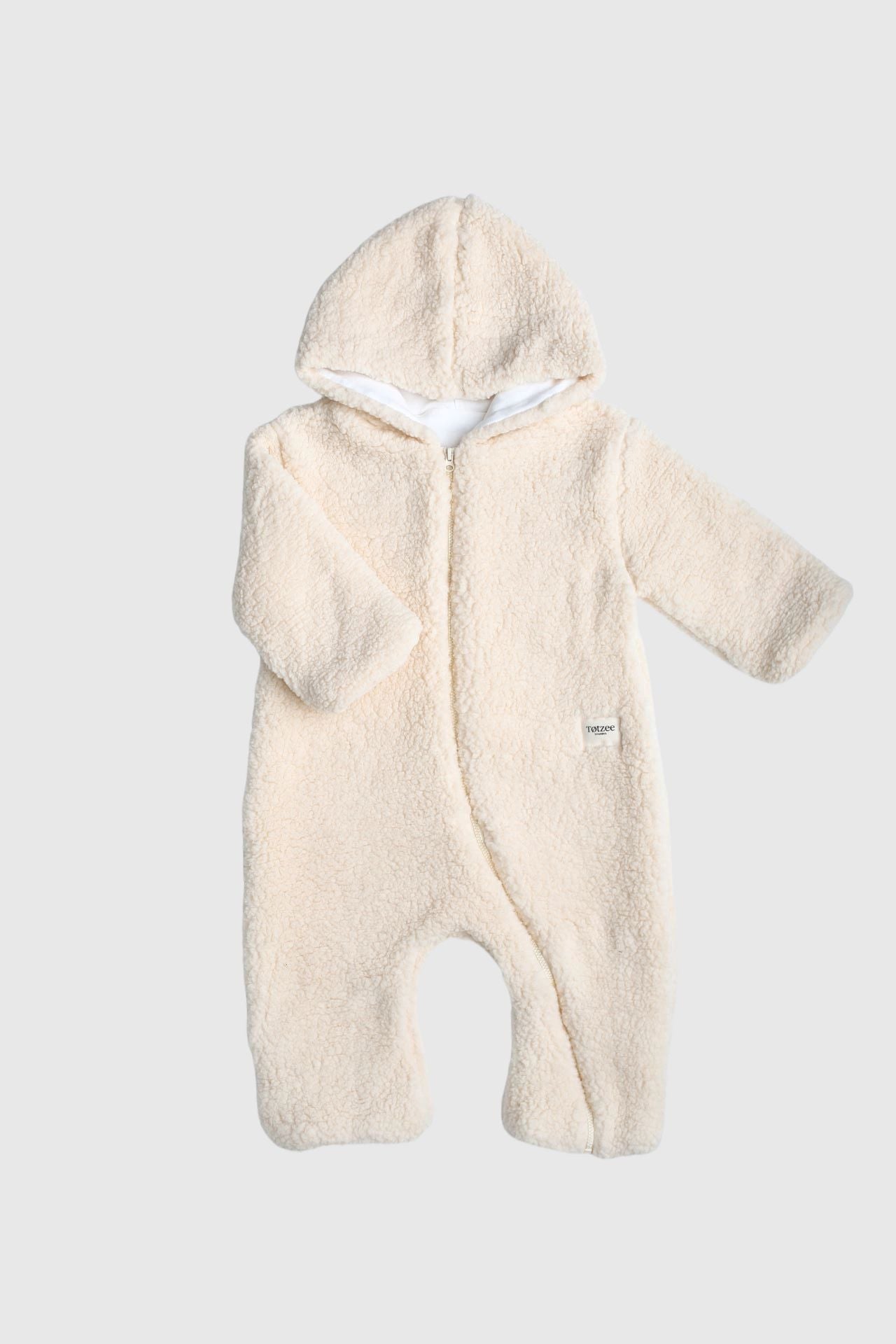
The Magical First Year: A Month-by-Month Nutrition Guide for Your Little One!
Summary of the First Year: Nutritional Recommendations for Healthy Growth and Development
The first year for babies is a magical period for both families and the babies themselves. Every day, they learn new things, make new movements, and most importantly, their dietary habits develop. In this journey, it's crucial to understand how to provide the most suitable foods for your baby's healthy growth and development. Here's your month-by-month baby nutrition guide!
Newborn (0-Month-Old Baby Nutrition): Welcome, baby! The best nutrition for a newborn is breast milk. It's recommended for them to consume this natural nutrient, which aids in strengthening their immune system and contains all essential nutrients. If breastfeeding isn’t possible, formula recommended by your doctor can be used.
1-Month-Old Baby Nutrition: At this stage, babies still consume only liquid foods. Babies fed with breast milk or formula need to be nursed or fed frequently to meet their energy and nutrition requirements.
2-Month-Old Baby Nutrition: The energy needs of babies are rapidly increasing. They should still be fed with breast milk or formula. Feeding frequency, day and night, should be adjusted according to the baby's needs.
3-Month-Old Baby Nutrition: Your baby's feeding routine might now be more established. However, the main source of nutrition should still be breast milk or formula. Solid foods are not typically introduced yet.
4-Month-Old Baby Nutrition: Some babies might start on solids around this time. However, don't start without a doctor's recommendation. If you do begin, single-ingredient solid foods like baby rice cereal can be introduced.
5-Month-Old Baby Nutrition: Your baby’s digestive system is gradually developing. If you've started solids, you can try pureed fruits and vegetables. Yet, the main nutrition source remains breast milk or formula.
6-Month-Old Baby Nutrition: By this month, many babies will be ready for solid foods. You can diversify their diet with oats, vegetables, fruits, and pureed meats. Introduce new foods one at a time to monitor potential allergic reactions.
7-Month-Old Baby Nutrition: Your baby’s taste buds begin to evolve. You can include protein-rich foods like yogurt and cheese in their diet. However, breast milk and formula still remain pivotal.
8-Month-Old Baby Nutrition: Soft fruits and veggies like apples, bananas, and avocados are ideal. You can also try introducing egg yolk. It's time to explore new flavors!
9-Month-Old Baby Nutrition: Your baby can now consume a wider variety of foods. You can try pureed chicken, fish, and red meats. Additionally, feed them with softly diced fruits and vegetable pieces.
10-Month-Old Baby Nutrition: If your baby's teeth are starting to come in, you can encourage them to eat soft foods on their own. Whole grains, yogurt, cheese, and vegetables are great options.
11-Month-Old Baby Nutrition: This month sees further diversification in your baby's diet. But as you introduce new foods, always be vigilant about potential allergic reactions.
12-Month-Old Baby Nutrition: By the age of one, babies can start benefiting from family meals. However, avoid overly spicy and salty foods. Don't forget to discuss with your doctor the appropriate amount of milk your baby needs.
For a baby, nourishment isn't just about food consumption; it's also a journey of growth, development, and learning. Each month offers a new adventure and opportunity for discovery!
Baby nutrition plays a pivotal role in a child's physical and mental development. Every phase needs to be thoughtfully planned to cater to your baby's requirements. The majority of babies transition from milk to solids towards the end of the first year. For more details, you can read our article titled "How Do You Wean Your Baby?"
Remember, every baby is unique and develops at their pace. As you introduce solid foods, it's essential to observe their reactions. While this guide offers a basic starting point, collaborating with a pediatrician or nutrition expert to devise a feeding and weaning plan tailored to your baby's individual needs is essential. Should you have concerns or questions regarding your baby’s nutrition, never hesitate to consult your doctor. We wish you luck on your journey through your baby's first year of nutrition!
Share








